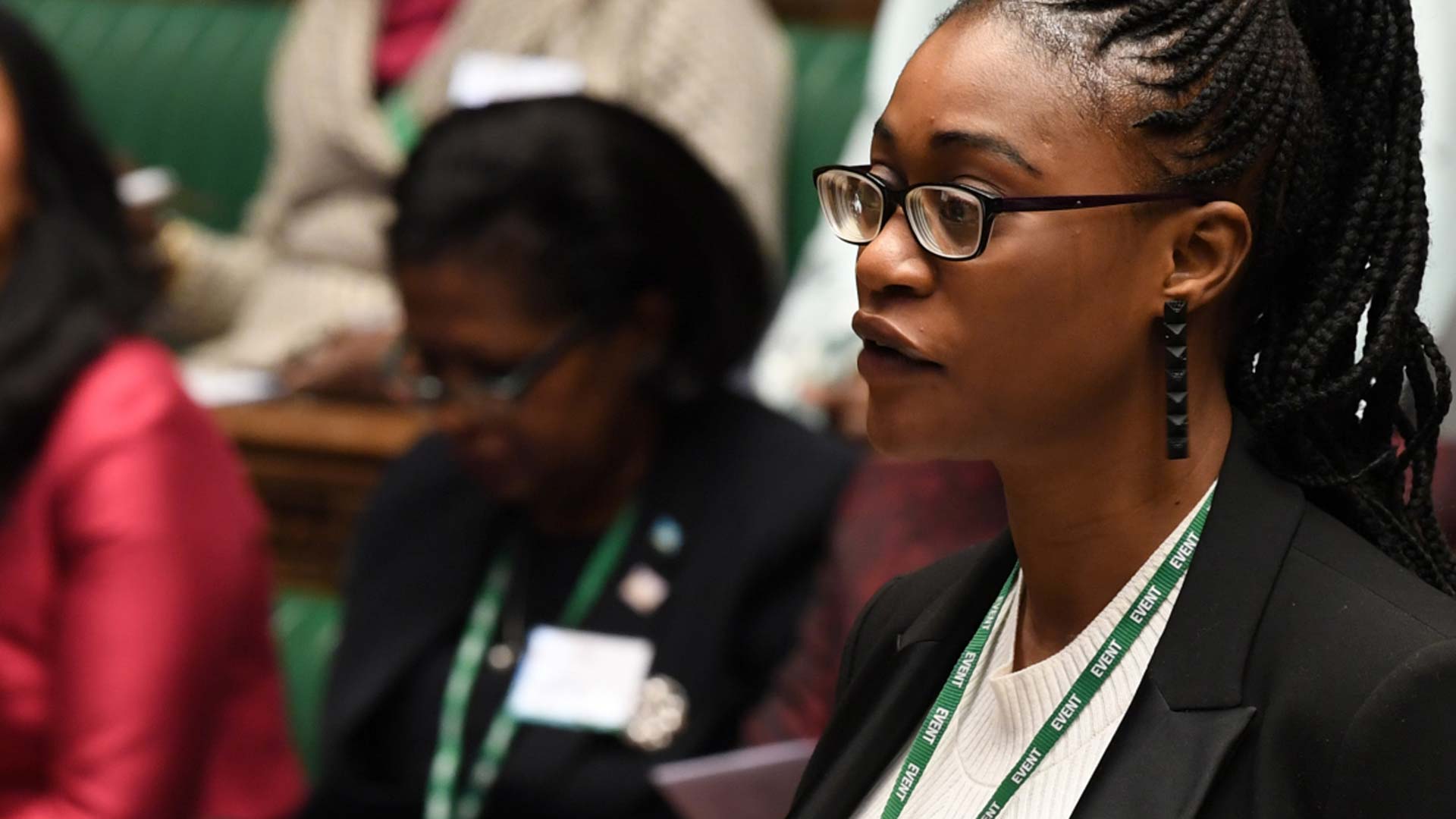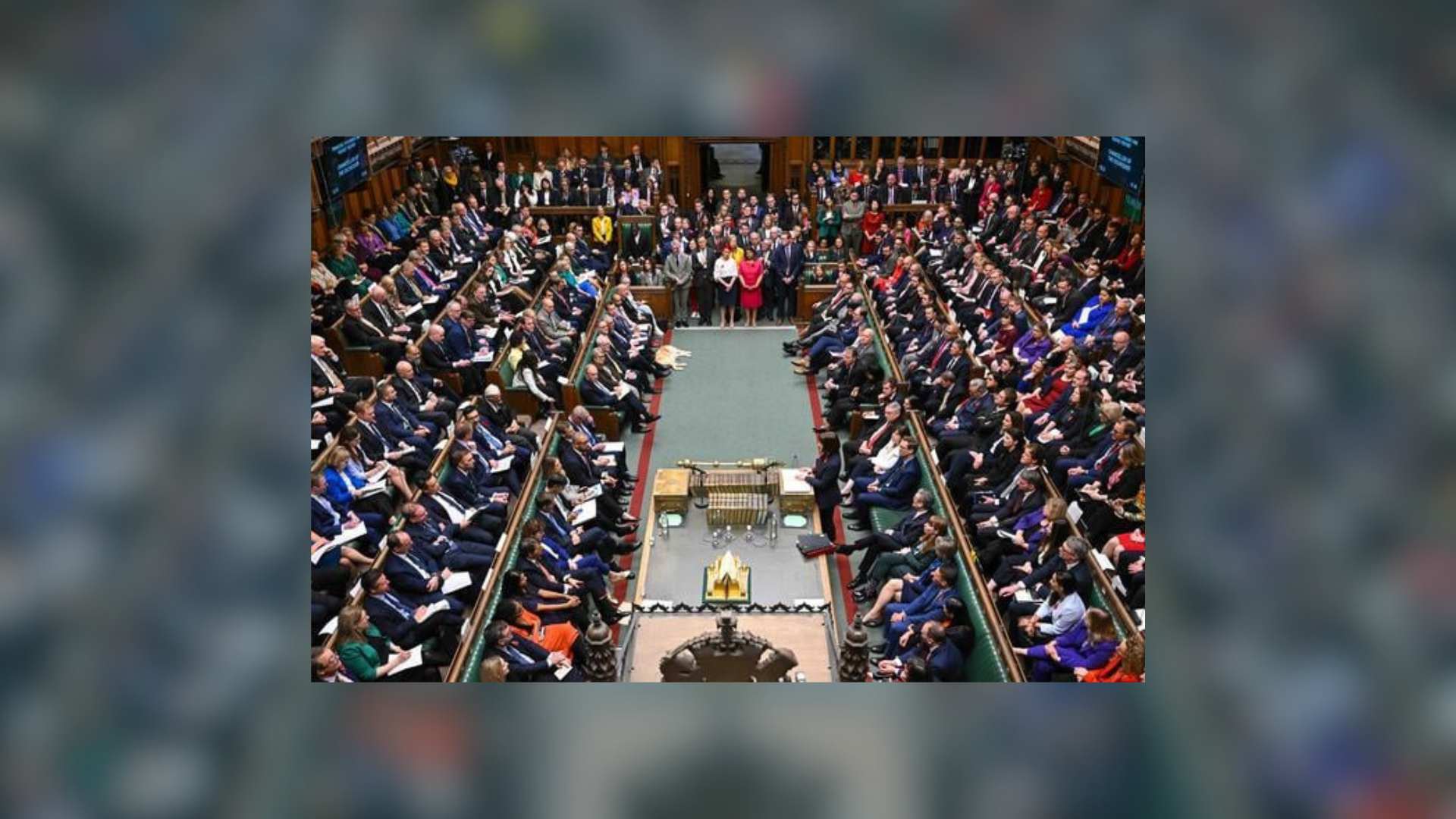Global Institute for Women’s Leadership
This research report from the Global Institute for Women’s Leadership at King’s College London shows that when women are able to exercise political leadership there are gains not just for women and girls but for the whole of society.
The report is based on an analysis of over 500 pieces of research into the impacts of women leaders in politics and public life, carried out with Westminster Foundation for Democracy.
The main findings of the report include:
- Women policy makers prioritise issues that benefit the most vulnerable in society, such as healthcare, welfare and education. As such, more women leaders seem to make for more equal and caring societies;
- Women may be more likely to focus on these issues because they have greater experience of deprivation, and because they are often responsible for caring for others;
- On average, women work harder than men to represent their constituencies, which is linked to a stronger sense among voters that government is responsive to their needs;
- Increased representation of women in elected office is associated with counteracting corruption and focusing resources on the quality and consistency of public service delivery;
- States where women hold more political power are less likely to go to war and less likely to commit human rights abuses;
- Women bring collaborative and inclusive leadership styles into political environments that are often characterised by division and one-upmanship.
Read the report










